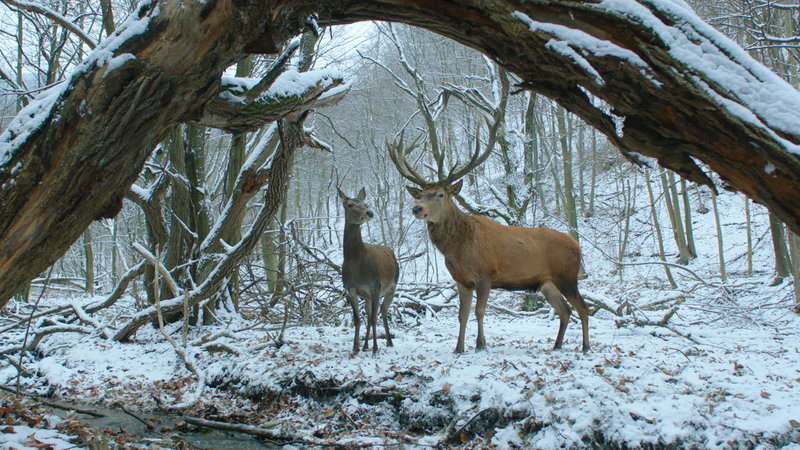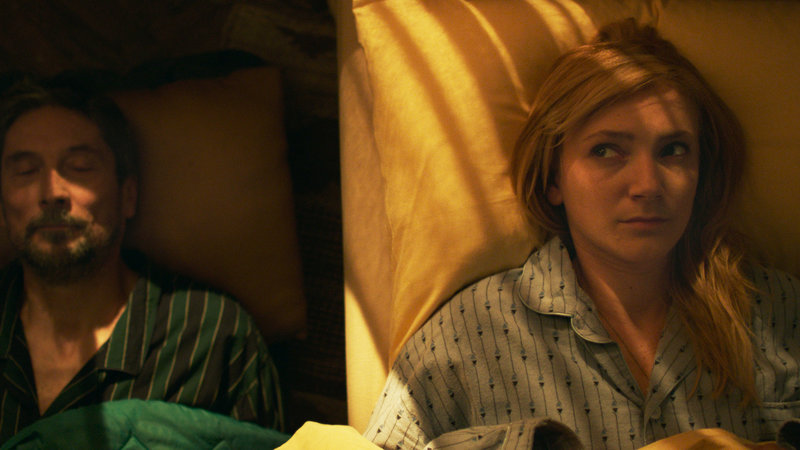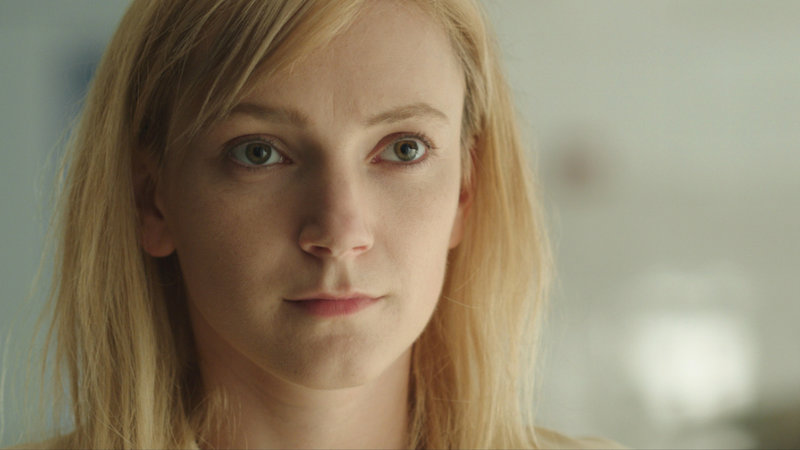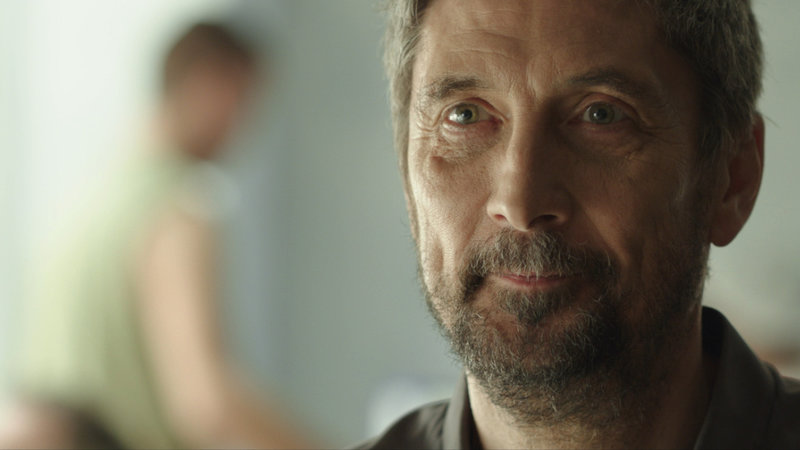Two workers in a pristine modern abattoir are shocked to discover they have been dreaming the same idyllic dream in this arrestingly peculiar – and visually dazzling – tale of reluctant soulmates.




Ildikó Enyedi’s striking, emotional drama explores the power of human connection in the unlikeliest of places.
Screened as part of NZIFF 2017
On Body and Soul 2017
Teströl és lélekröl
The big winner at this year’s Berlin Film Festival, collecting the Golden Bear along with the critics’ and audience awards, is also front-runner for the weirdest romantic comedy of the year.
Mária is the new girl at the abattoir, a quality controller with mild autism; Endre is the grizzled financial controller with his own personal issues and a dead arm. Work is grim, drab and regimented, and they can manage only an awkward, muttering acquaintance. But in their dreams they escape into lyrical fantasies in which they wander through snow-laden forests as deer. When they discover that these dreams are in fact shared, and that they are thus, presumably, mystically connected, things only become more complicated, awkward and fraught. Mária is especially threatened by so devastating a loss of control.
Ildikó Enyedi’s On Body and Soul expertly negotiates a bracing range of tones, from the ravishing wildlife footage of the dream sequences, to blunt documentary of slaughterhouse processes, to romcom whimsy, to cringe comedy, to arrestingly painful drama. It’s all formally exquisite and beautifully shot, making striking use of fragmented and refracted widescreen.
Enyedi’s luminous debut feature, 1989’s My Twentieth Century, is considered one of the greatest Hungarian films of all time in its native country, but her work is scarcely known internationally. We’re delighted to provide a long overdue introduction to a great European director. —AL